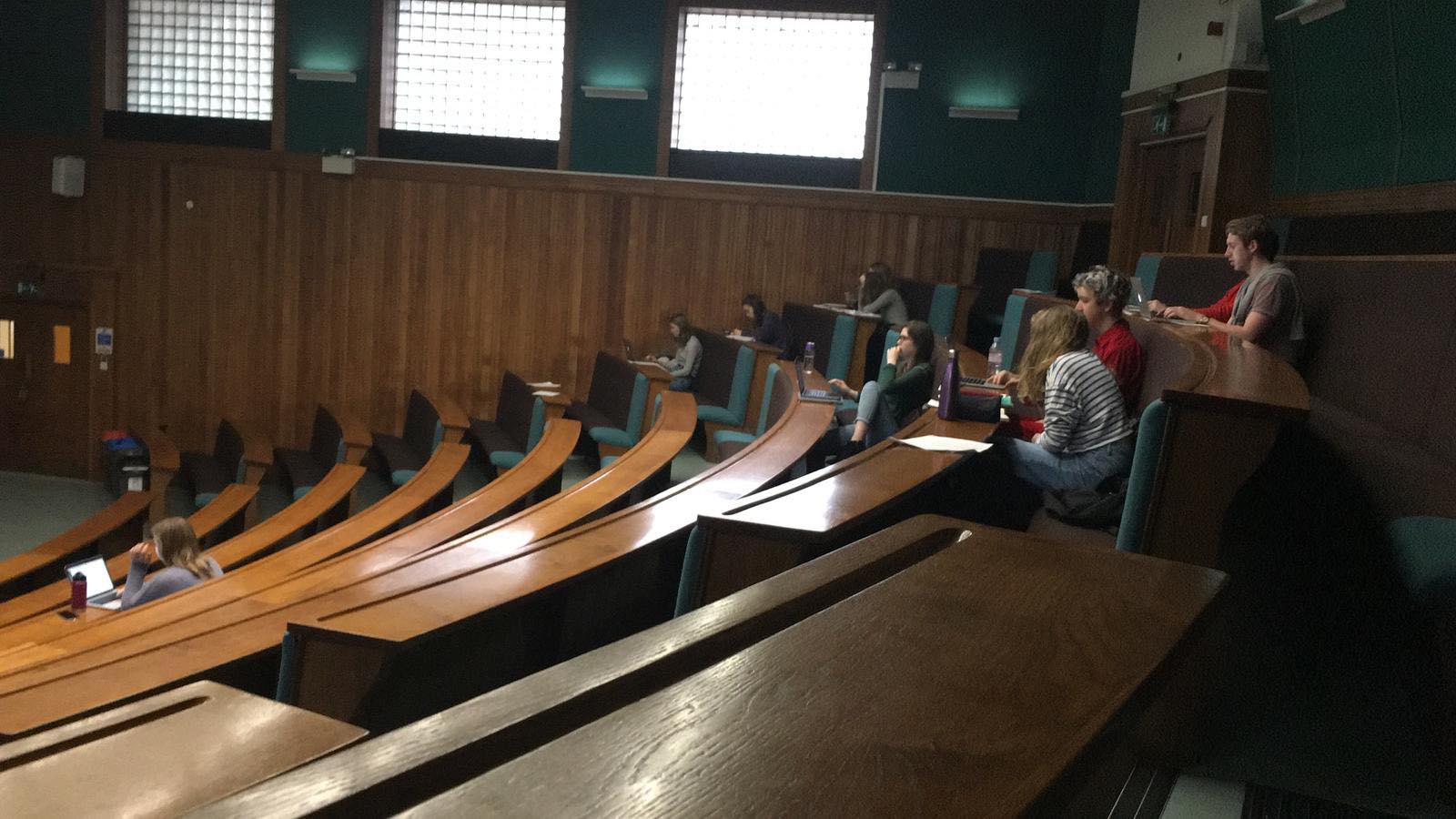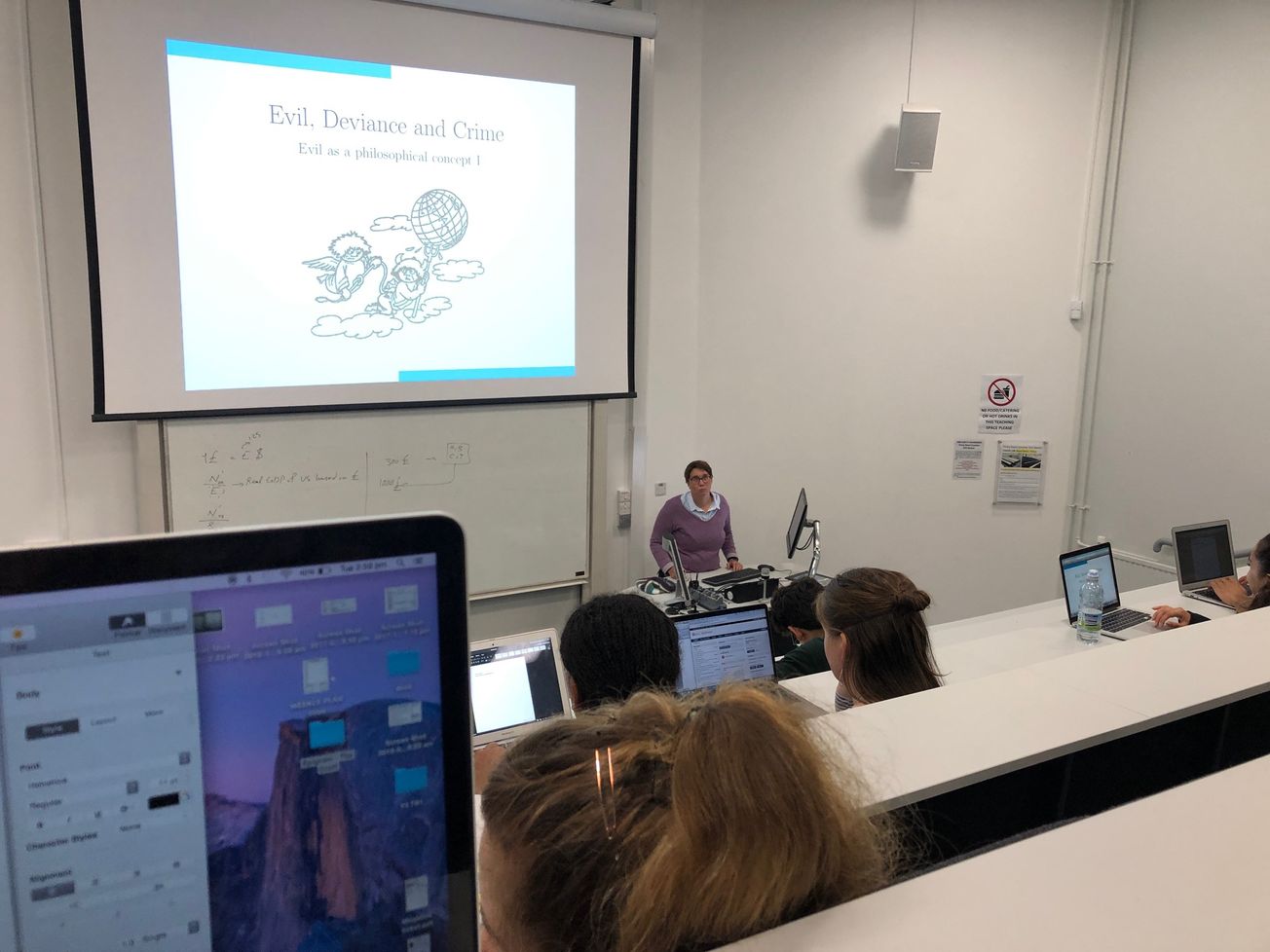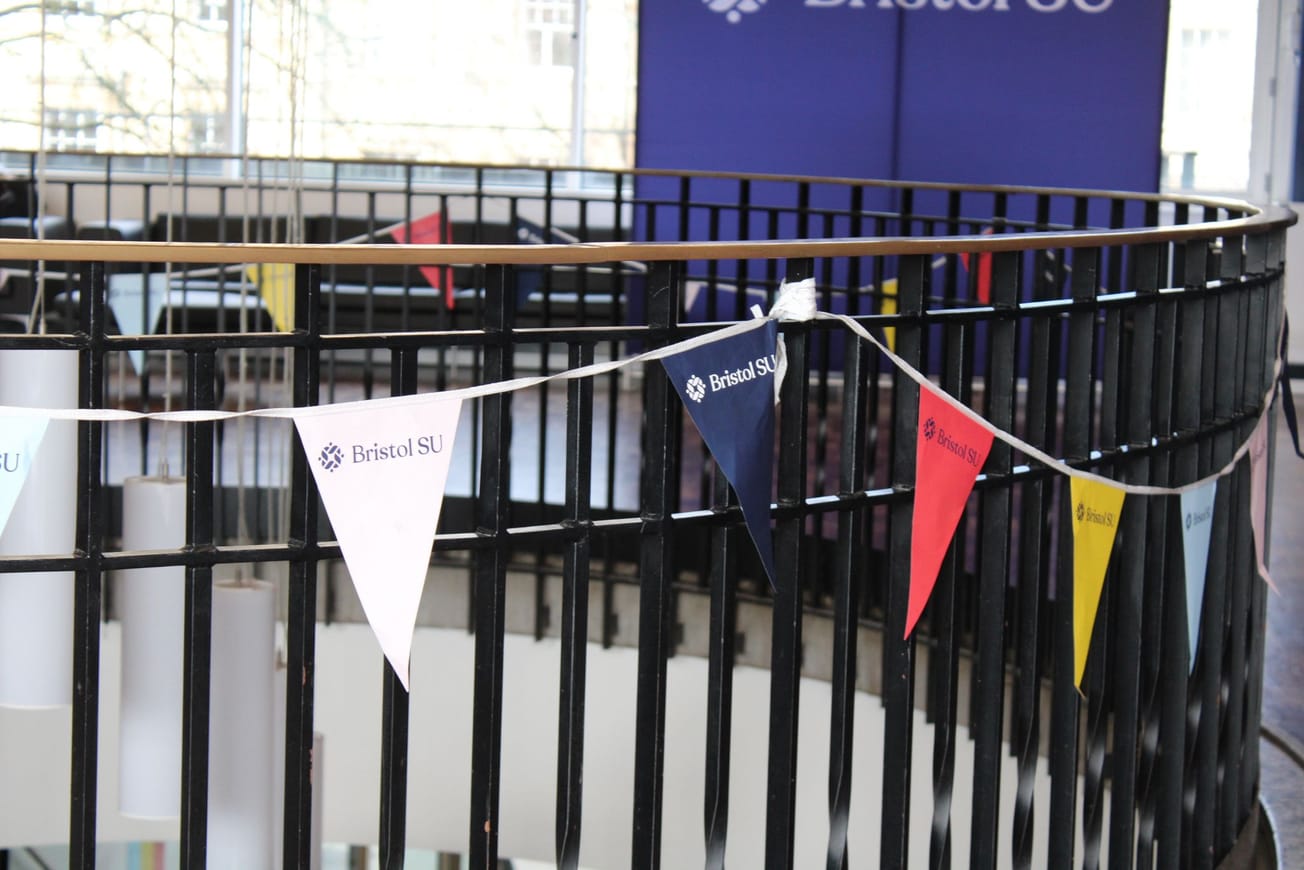By Rosa Stevens, Croft Subeditor
The Croft Magazine // Lectures can be scarce for some, and even with more contact hours per week, it is important to make the most of the time you have. Rosa Stevens covers a few top tips for taking good notes and making the most out of lectures.
Whether you’re new to Bristol or you’re entering your final year, I think we can all agree that we could use some help in making the most out of our lectures. Here’s some handy tips on how to take the best notes now, to help you later on.
1. Make note of the extra readings and resources your lecturer references
It might not be on the reading list, but if your lecturer mentions a book they’ve just read, a related school of thought, or even their favourite podcast, make a note of it! These may seem trivial and less important compared to the core reading list but emerging yourself in the works your lecturers regularly engage with will help you pick up extra content.
Put a star or other sign next to these references in your notes, and don’t forget to google them as soon as the lecture has ended. This will really extend your general knowledge of the subject, as well as earning you some brownie points with your lecturer (because who says being a teacher’s pet is a bad thing?)

2. Make amazing and creative notes
Take down as much content as possible during the lecture. Make sure that you review these notes after to check for mistakes, clarifications, and to add extra info. Checking these notes in the hour or two after the lecture will help you to consolidate the content while it’s still fresh in your mind. Don’t forget to add colour, pictures, arrows or other tools that will help you to remember the content. Notes don’t have to be boring, even if your lecture is.
3. Keep a master list of all the required reading
Keeping a master list of your reading (preferably printed out) will help you to track which readings you’ve completed. Make a note of whether you read the piece in full, a section, or skim-read. When it comes to revising, you’ll have a really good idea of how much content you’ve covered, leaving you with a more manageable amount to get through.
4. Read recent news stories around your subject
This sounds basic but searching your most recent topic in a news platform should produce some interesting case-studies you can reference in the exam. This is a really easy way of showing the examiner and your lecturer that you are following current subject news and reading around the reading list.
5. Always reference your page number
Don’t make the mistake of not writing down which scholar, text or page number your lecturer is quoting from. You will always regret not writing the reference for that amazing quote when it comes to revising. Trying to go back on yourself to find that important reference just before a big deadline is a huge waste of your time. Plan ahead!

6. Share notes with course friends
No one wants to give notes to the person that never turns up to the 9am lecture. But if you are sitting in that early morning lecture feeling fragile after a heavy night out, suggest mutual note sharing with lecture and seminar friends to get the best of both worlds. Creating joint Google Docs with your whole course or small study groups means you get large amounts of good quality notes that everyone has contributed to.
7. Download better note-taking software
I hate using Microsoft Word. It’s clunky, slow and looks boring. Download a software such as Google Docs or OneNote. These allow more freedom for visual notes, inserting photos and attachments. There are no awkward page breaks in your notes, which is much more aesthetically pleasing when you’re revising. These also provide much better ways of inserting interactive features like YouTube videos and podcast clips to keep your notes interesting.
With all this in mind, good luck!
Featured: Epigram / Emma Holding
Find The Croft Magazine in every copy of Epigram newspaper









